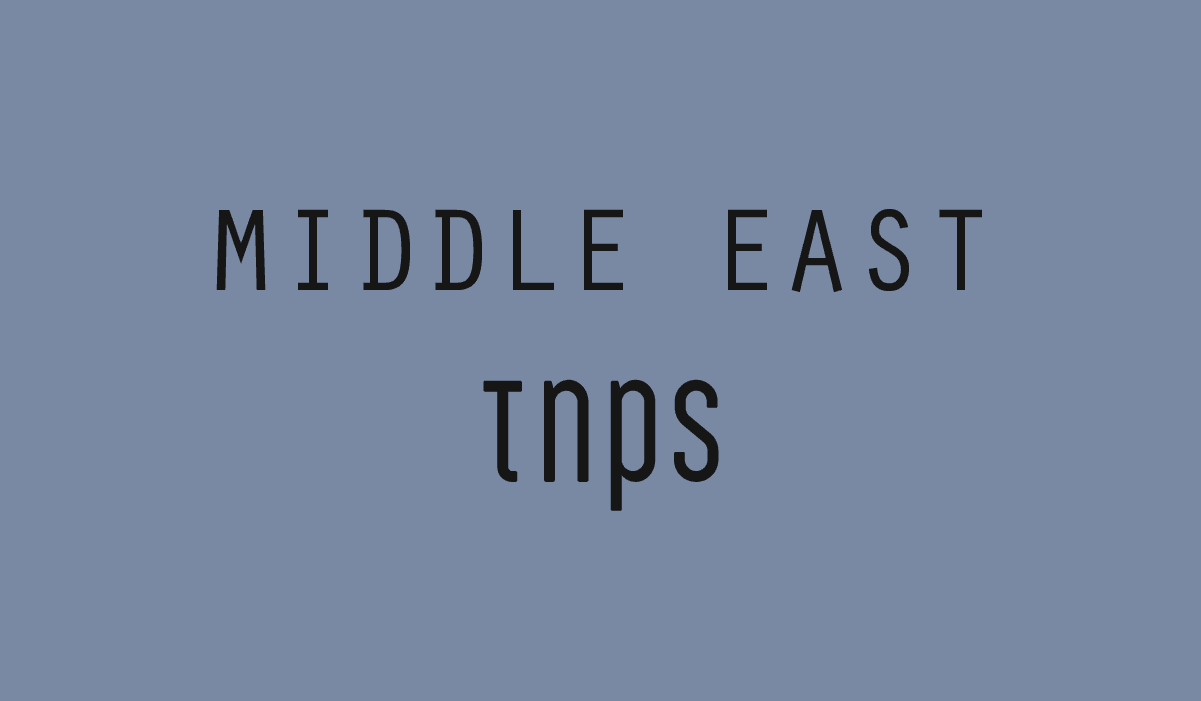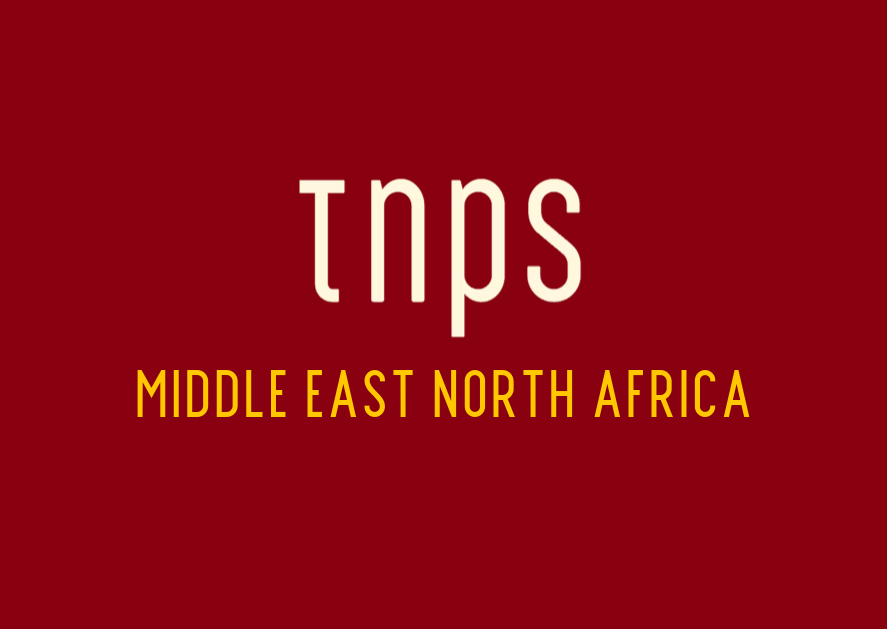The Egyptian Publishers Union (EPU) has said that piracy costs Egypt’s publishers LE 300 million ($16.8 million) annually.
EPU Chairman Saead Abdo said,
This illegal act harms Egypt’s reputation abroad and at the same time undermines the rights of publishers and authors.
The 130 titles seized in a warehouse in the city of Shubra al-Kheima belong to 30 Egyptian publishing houses. The prints of each title reached 500 copies; some went beyond, especially the bestselling books that the forgers sold at low prices to readers.
Abdo argued the current penalties – a fine of less than $300 for a first offence, and just double that (with imprisonment a possibility) for repeat offenders, did not reflect the cost to publishers and did not act as a deterrent.
Via Nasher News.
Egyptian Publishers Union: Illegal Book Copies Bring LE 300 Million Losses Upon Publishers
While piracy is a problem in all countries to some degree, as this recent TNPS post on Morocco shows –
In Morocco, selling pirated books “is the only way to make a living,” with the help of the Mafia
it certainly seems that a major contributing factor is that publishers are not able or willing to make content available at prices that everyone will find affordable.
That’s not a reflection of publisher greed but of the realities of the economies of scale in markets where there are few bookstores and distribution challenges that in turn mean less choice and higher prices.
While digital of course brings its own piracy problems, it does offer superior distribution while eliminating printing and warehousing costs, and the potential to offer much wider choice.
If ebooks have, as we are often told, “plateaued” in the western markets, where choice and availability are rarely a problem, they offer an elegant solution for the emerging markets.






Trackbacks/Pingbacks